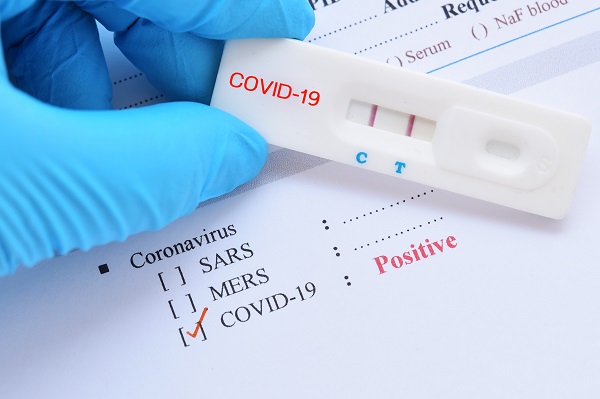Medical care requires clinicians to think through complex uncertainties, assess risks analytically, and guard against possible biases in human judgment.
A new study, published this week, from Sunnybrook senior scientist Dr. Donald Redelmeier explores how an available simple diagnosis can skew complex medical decision making.
“Occam’s razor is the traditional idea that simple explanations should be preferred over more convoluted theories,” says Dr. Redelmeier, who is also a Sunnybrook staff physician and Canada Research Chair in Medical Decision Making. “Yet this idea has rarely been subjected to experimental testing for evidence-based medicine.”
Dr. Redelmeier and his co-author Dr. Eldar Shafir from Princeton University were interested in testing the concept in the context of the COVID-19 pandemic. “We hypothesized that an available alternative explanation might lead individuals to underestimate the likelihood of a COVID-19 diagnosis,” says Dr. Redelmeier.
The study asked community members and health-care professionals to judge the chances of COVID-19 in a hypothetical patient through a set of different surveys. Each survey provided a succinct description of a hypothetical patient scenario, suggestive of COVID-19. Each scenario was formulated in two versions randomized to participants, differing only in whether an alternative diagnosis was present or absent.
“Through scenarios involving a spectrum of risk, we found that respondents judged the probability of COVID to be much lower in the presence of another diagnosis, such as influenza or strep throat, compared with when an alternative diagnosis was absent,” says Dr. Redelmeier. This contradicts available microbiological evidence.
“The bias can lead individuals to mistakenly lower their judged likelihood of COVID or another disease when an alternate diagnosis is present. In turn, underestimating the risk of COVID infection might reduce a patient’s willingness to seek care and a clinician’s willingness to investigate a medical diagnosis.”
Dr. Redelmeier adds that the results suggest an available simple diagnosis can lead to premature closure and a failure to fully consider additional serious diseases.
“This bias occurs because risk factors such as crowded living spaces, lapses in hand hygiene, and poverty are risk factors for COVID infection, as well as for other diseases such tuberculosis. After diagnosing a patient with COVID, for example, a clinician might pause and check — is that really everything?”
He adds that as patients are living longer with multiple diagnoses occurring together, an over-reliance on Occam’s razor can contribute to misplaced complacency and discourages the search for additional contributing factors.
“The bias may be important to recognize for the COVID-19 pandemic, other diseases, and for the next disease outbreak.”
Samantha Sexton is a communications advisory at Sunnybrook Health Sciences Centre.




